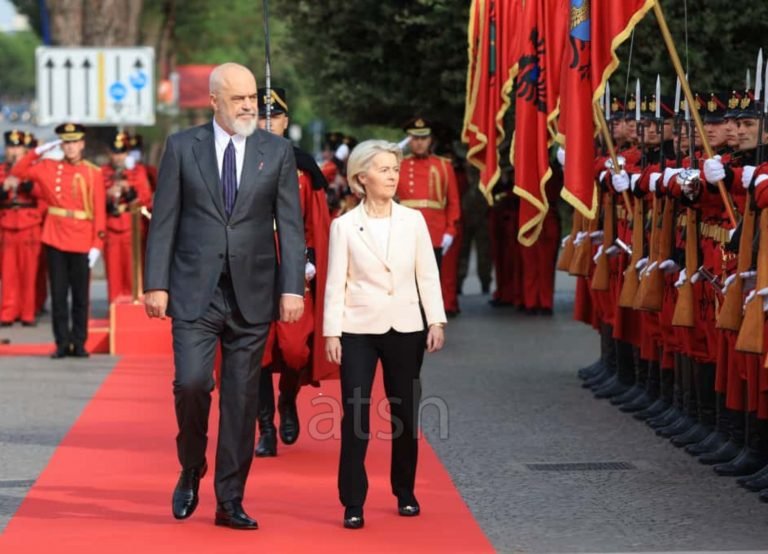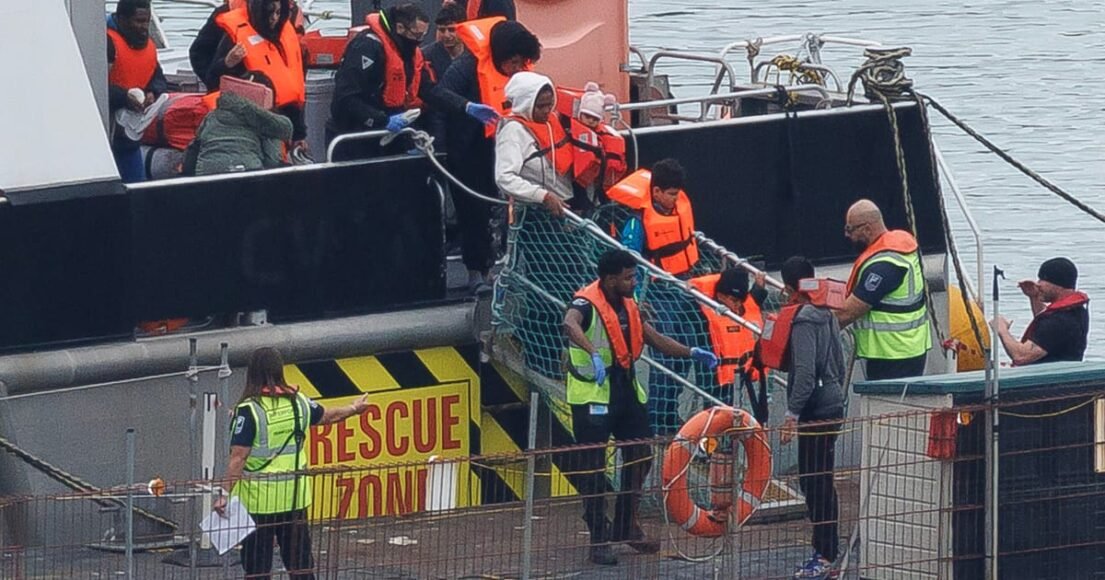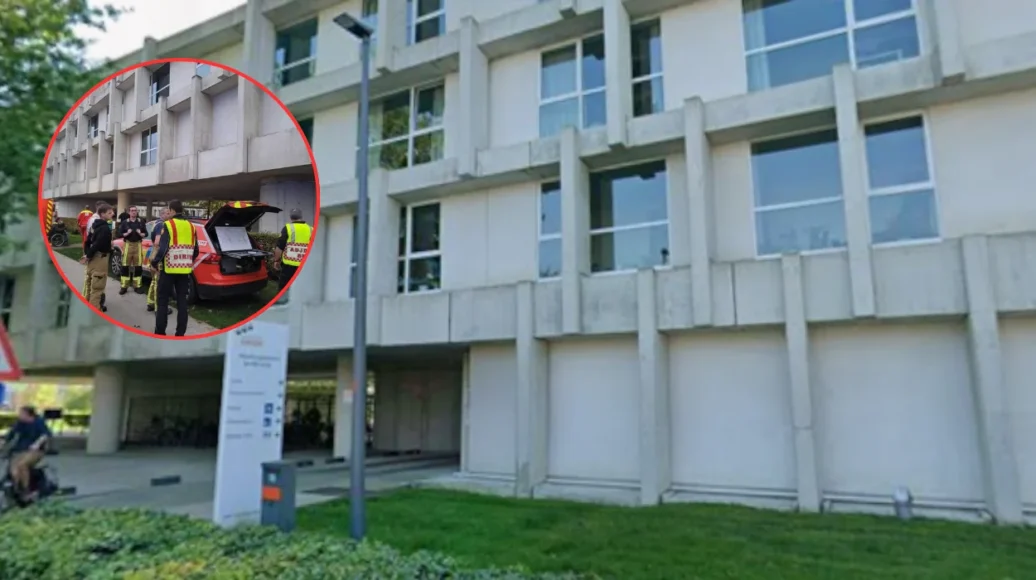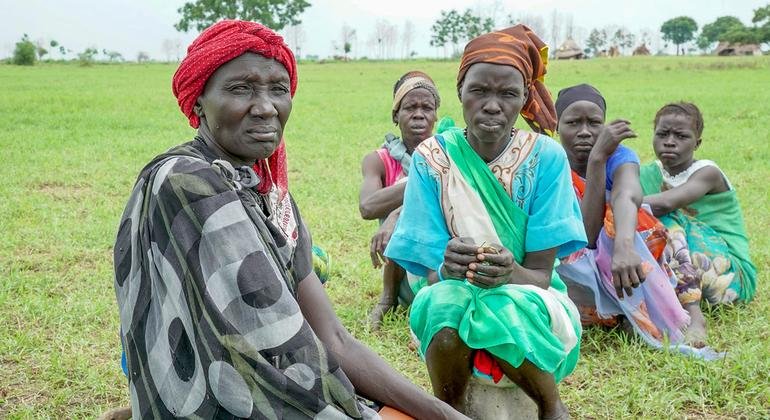In the proposed system, if a country like Greece decides to deport a migrant who then moves to Sweden, the Swedish authorities must deport that individual.
Reaching an agreement is challenging. Critics argue that mandatory recognition might prompt border nations, which support this system, to deport individuals and let them move to other bloc areas, thus creating challenges for others.
“There is an idea for Germany, for instance, that with mutual recognition, Italy might reject everyone and let them move to countries like France or Germany,” said Eleonora Testi, senior legal officer at the European Council on Refugees and Exiles, an NGO alliance.
Some nations are cautious of attracting secondary migration if the law isn’t properly framed, an EU diplomat remarked. Denmark suggested a compromise where countries accept others’ decisions, but with specified exceptions, according to the diplomat.
The proposal might also pose legal and administrative challenges due to issues with appeals, aligning different legal systems, and translation of decisions.
Hybrid tactic
Adding to the political tension, the Commission will release findings on which countries face the most migration pressure and suggest fund and support allocation for them.













Leave a Reply